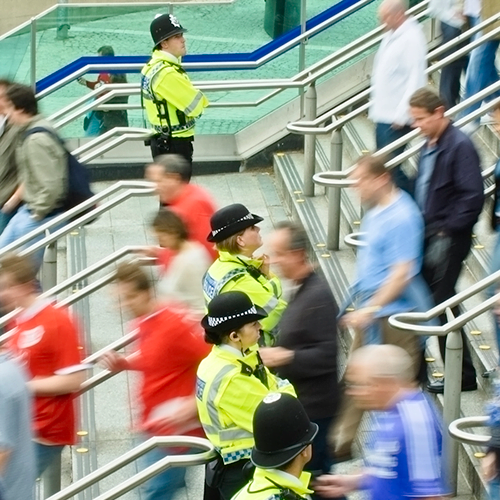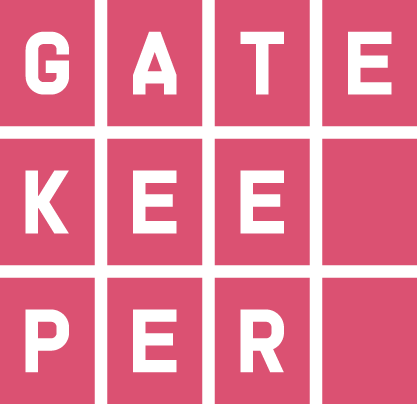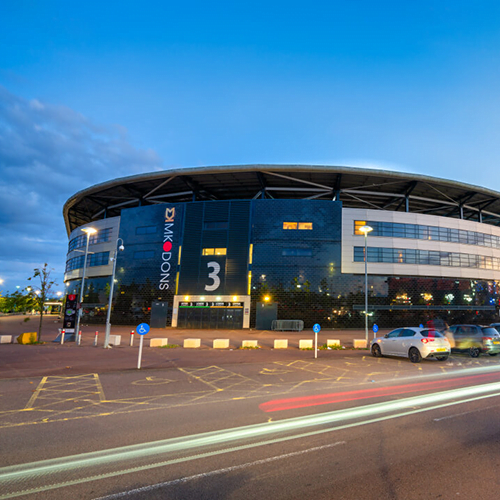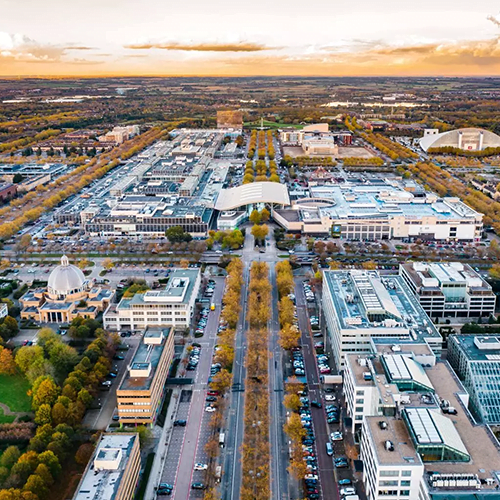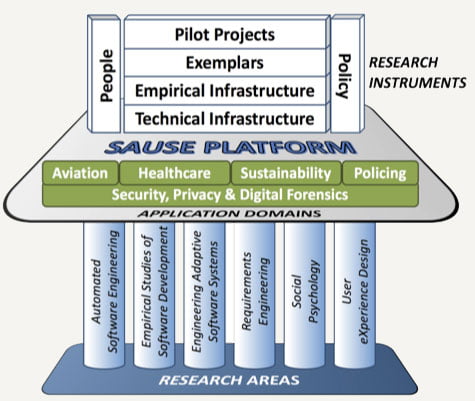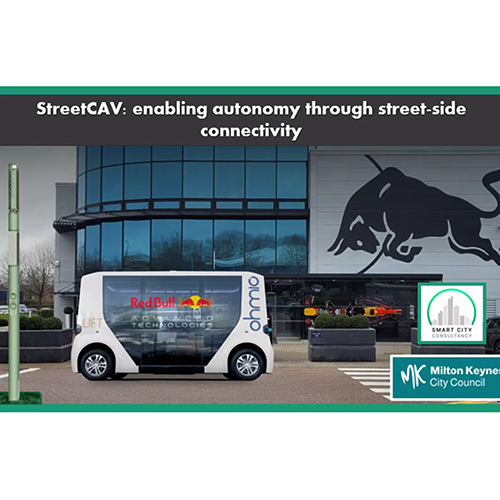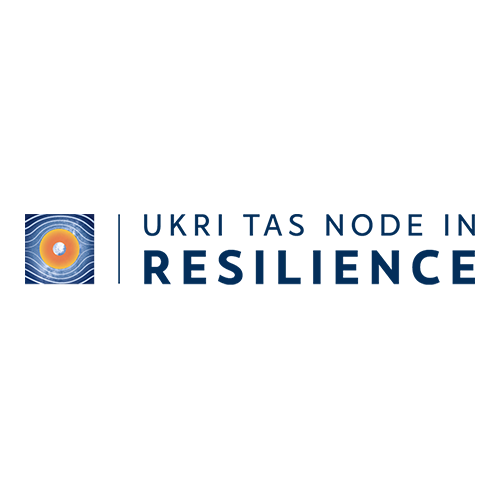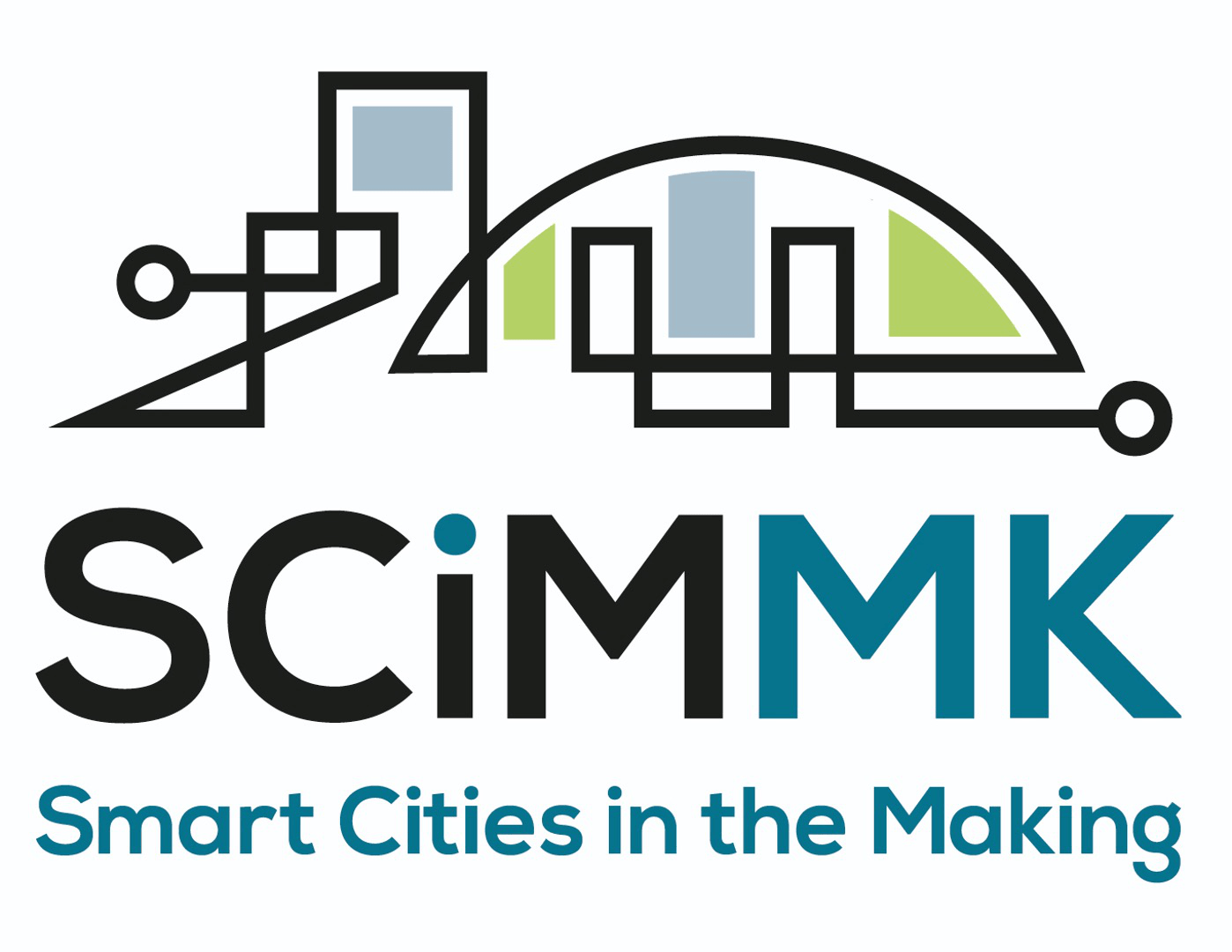Use the buttons below to filter projects by theme and organisation:
Citizen ForensicsThe Citizen Forensics project explores how digital technologies impact (and have the potential to enhance) citizen-police collaboration. We investigate how novel socio-technical systems can enrich and deepen collaboration between citizens and the police, through the exchange of data gathered using a variety of digital technologies, to support investigation of crimes and enhance public safety. | ||
GatekeeperThe main objective of the Project is to create a GATEKEEPER that connects healthcare providers, businesses, entrepreneurs, elderly citizens and the communities they live in, in order to originate an open, trust-based arena for matching ideas, technologies, user needs and processes, aimed at ensuring healthier independent lives for the ageing populations. The project will investigate the role of robots in the developing landscape of healthcare support. | ||
GreenDATAA new project to capture, store and share power generation and use data from domestic renewable energy installations, including solar, wind and solar/geo thermal sources. We will employ low-cost off-the-shelf systems, such as the emonPi, to send data to a central data store and allow students and courses to query that data in a wide variety of ways. We will make the collected data available to students and researchers. | ||
iSpot NatureiSpotnature.org is a citizen science platform for biodiversity run by The Open University (OU). iSpot was developed to help anyone learn about and engage with nature, building their wildlife identification skills, while sharing, recording and identifying species. Supported by a diverse and growing online community, both experts and novices, who have contributed over 1.6 million photos posted with hundreds of thousands of observations. | ||
MarKMarK (Advanced Radio in Milton Keynes) project aims at developing the next generation 5G infrastructure that is neutral, shared by mobile network providers, and fit for high-density areas. MarK will develop and demonstrate real-time network profiling capabilities to support better management of events, and resilience for critical use cases (e.g., emergency services) in high-demand scenarios or network overload. | ||
MK Drone PortThe City Council will work with Cranfield University’s Drone Innovation Hub and Satellite Applications Catapult Westcott DronePort to test and trial new drone-based services that work alongside current delivery services and autonomous vehicles. Milton Keynes has built a strong reputation as a world leader in future technologies and this latest trial will help create more high-tech jobs for local people. | ||
Secure Adaptive Usable Software Engineering (SAUSE)SAUCE investigates and develops systematic, novel, and multidisciplinary approaches, especially in areas of requirements engineering, engineering adaptive software, security and privacy engineering, empirical studies of software development, and usability and interaction design, for engineering software-intensive systems motivated by and evaluated within various application domains in areas of healthcare, aviation, policing and sustainability. | ||
Sensory Explorations of Nature in School Environments (SENSE)Studies indicate that less than 25% of British kids regularly connect with local nature, leading to 'Nature Deficit Disorder', impacting their well-being. Recent analysis links low educational achievement in impoverished children to limited outdoor access exacerbated by COVID-19. Unequal green space access mirrors broader nature degradation trends in the UK, failing international biodiversity commitments. Addressing disparities in children's access to science education and nature is crucial for advancing environmental sustainability discussions. | ||
StreetCAVThe StreetCAV project (CAV standing for ‘connected and autonomous vehicles’ which vary from one-seaters up to vehicles similar in size to a bus) will install the connectivity and other infrastructure necessary for self-driving shuttles that seat multiple passengers, as well as robotic and drone-based services to operate safely. The City Council has teamed up with Smart City Consultancy and other partners to deliver the scheme, which will be used to trial the technology before consideration is given to rolling it out across the country. | ||
REASONREASON develops new AI systems that use psychosocial processes of crowd behaviour to improve human cooperation in emergency response. By developing, and further evaluating, a psychologically informed AI systems for effectively enabling cooperation between different groups of actors, this project has wide impact for various branches within emergency response, including the emergency services, local resilience forums, community emergency planning and rescue robotic professionals. | ||
Smart cities in the makingThe "Smart Cities in the Making" project conducted an in-depth study of Milton Keynes, a real smart city, to explore how various elements like policies, technologies, and engagement activities shape the perceptions and involvement of different user groups. The project aimed to address social disparities within smart cities to maximize accessibility to the benefits of smart city deployments for diverse populations and ensure widespread engagement with the emerging smart city in Milton Keynes. | ||
FalconProject FALCON (Flexible Approaches for Low Carbon Optimised Networks) investigated ‘Smart Grids’, working with local electricity distributor Western Power Distribution (WPD) to test new wawy of operating a lower carbon electricity network. By simulating the use of smart grids in different scenarios the project developed new smart grid methods to manage the network problems expected to arise from the increased use of low carbon technologies and generation. | ||
Governing and designing urban artificial intelligences and robotics to attain more just and sustainable urban mobilitiesThis proposal is for an inter disciplinary research network that assists in the development of institutional capacities that enable urban populations to live well with urban artificial intelligences and robotics and contemplate what kinds of more sustainable urban mobility futures they may want to attain (and avoid) with these technologies. |

